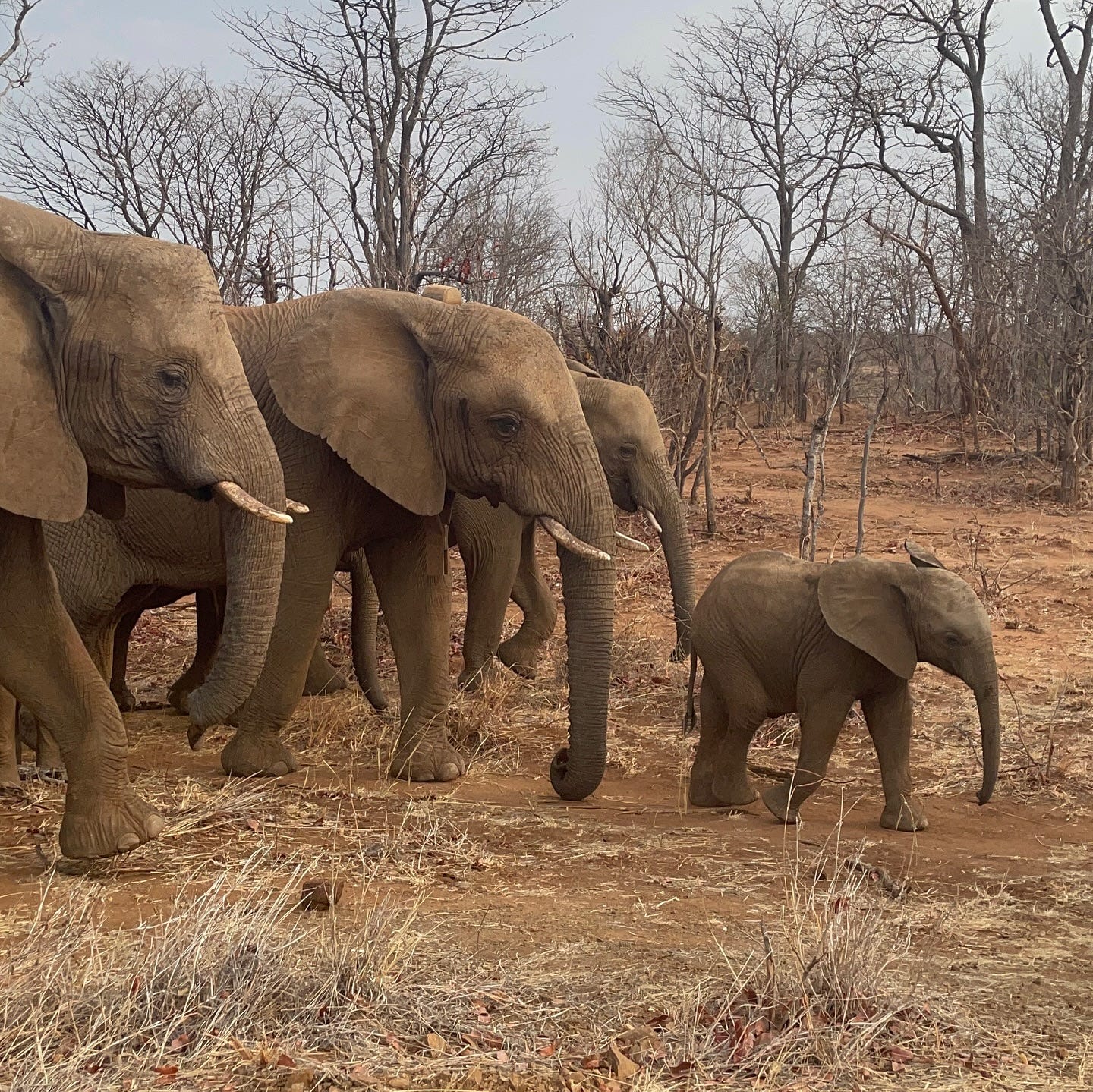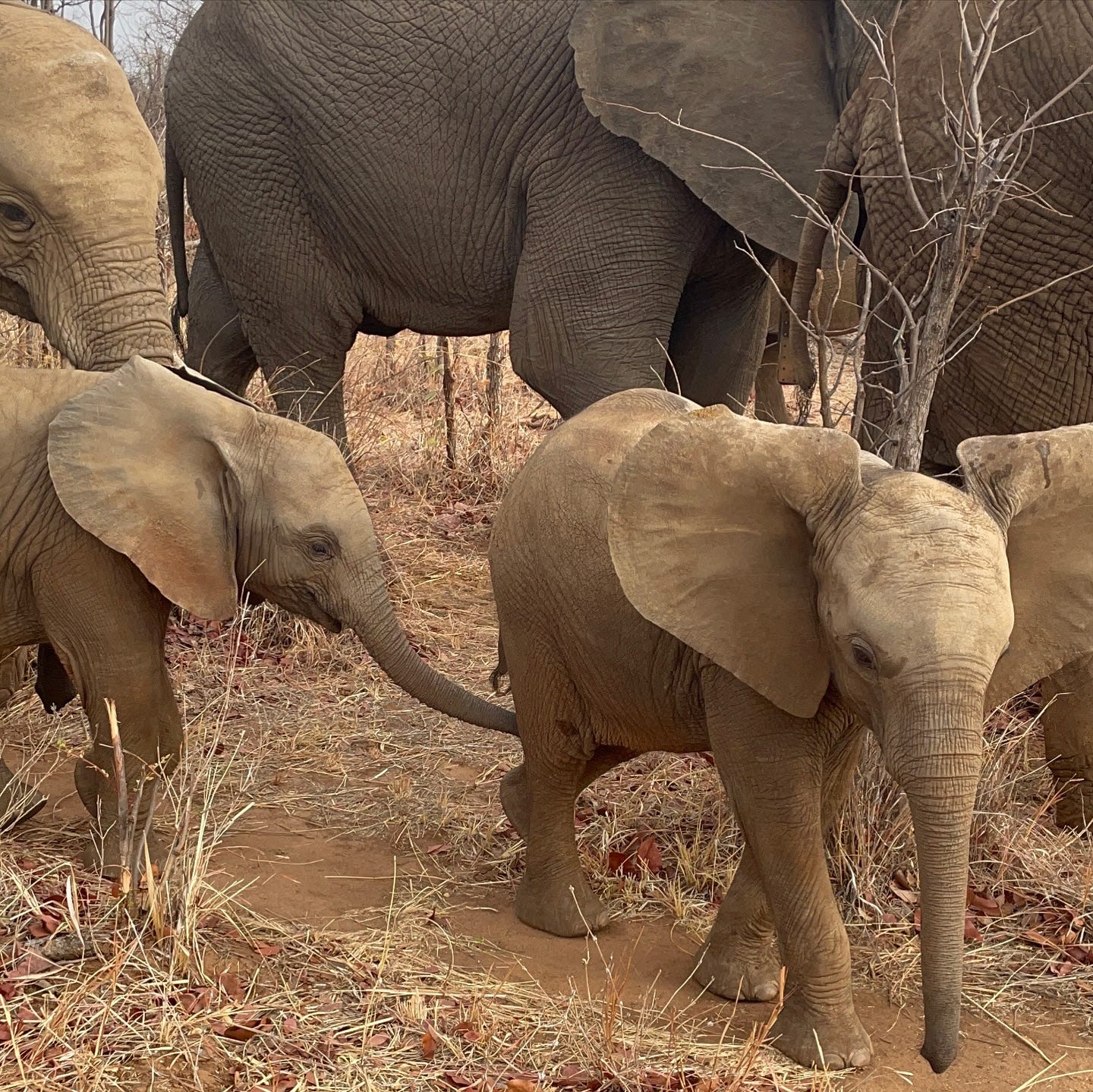
Happy Saturday, everyone!
In previous months I have written a number of articles on the mechanics of karma, but not, I recognise, a definition of karma itself.
I hope today’s post provides a helpful overview of a subject which is fundamental to our understanding of the Dharma. The article covers quite a lot of ground, but I hope offers a coherent understanding.
In the future, I plan to gather various posts I have written on a variety of subjects into short, single-theme booklets, and making these available as downloads. One such PDF will be on the fascinating and highly relevant subject of karma.
Karma is: ‘Any movement of the mind and that which it motivates.’
This definition may come as a surprise if you have come to think of karma more broadly as ‘the law of cause and effect.’ I personally had been studying Buddhism for some years before I first heard my teacher offer this particular description. I can well remember my surprise - as well as the delighted ‘aha!’ light bulb moment that accompanied it.
‘Any movement of mind and that which it motivates,’ comes to us from Vasubhandu, one of the foundational Buddhist philosophers of the 4th century, in his core Abidharmakosa text.
What I find helpful is how Vasubhandu emphatically places karma in the realm where it originates and largely plays out – the mind. He explains how movements of the mind motivate words and physical actions. What we think usually leads to actions of body, speech and/or further actions of mind.
Not ‘out there’ but ‘in here’
Establishing the primacy of the mind helps counter a very common misconception of karma which is that it is something that happens ‘out there,’ and that it occurs through the workings of some mysterious, metaphysical system of reward and retribution. We tend to think of the external, material world as objective reality, and our inner world of thoughts and feelings as flakily subjective and subservient - at best, a reaction to what is happening in the real world outside us.
This is why, if karma comes up in conversation, it’s almost about some external event, often a sensational one. A traffic accident or a financial windfall that we’re discussing may prompt the sage nodding of a head, along with the comment: “I guess it was her karma.”
This idea of karma is understandable but is simplistic. We may assume that a car accident is inherently bad, and a lottery win inherently good – but does this idea stand up to scrutiny? Is it not the case that the same accident could befall two people, and their subjective experiences may be entirely different? One may battle with their post-accident injuries and long journey of rehabilitation feeling crushed. Another may regard the accident as the best thing that ever happened, because while lying in a hospital bed they met the doctor who became the love of their life.
Ditto, a windfall. The very first winner of Britain’s National Lottery in 1994 found that his eighteen-million-pound win made him a pariah in his Muslim community who shunned him as a gambler. His marriage broke up soon afterwards, he had a roller-coaster life, and died young of kidney failure, cirrhosis of the liver and heart disease. Ultimately, the lottery win turned out not to be the amazingly life-enhancing event generally assumed, but a life-shortening catastrophe.
Mind as the creator of reality
What plays out in ‘the real world’ is, self-evidently, only part of the picture. And not the most important part. More significant, by far, is what our minds are doing. It is our beliefs, interpretations and patterns of thinking that propel us towards happiness or unhappiness more forcefully than any accident or lottery win. Those external events are, in Buddhist terminology, merely ‘contributing factors.’ The main causes for the reality we experience arise in mind itself.
Which is why defining karma as ‘any movement of the mind and that which it motivates’ is a beautifully refined and accurate way of expressing the law of cause and effect. The primary causes of our reality arise in our minds just as their effects are experienced by our minds. It is we who give sense and meaning to the reality that is our creation.
Group and individual karma
If this is the case, we may reasonably ask, why does the external, material world seem so, well, real? Why is it that other people with whom we share our lives, reinforce our convictions that certain situations, be it an accident or a lottery win, have an objective truth which makes them desirable or undesirable? How can, for example, advertisers, spin doctors and movie makers pitch themes confident they will resonate with their chosen audience, if everyone has a quite different experience of reality?
The answer is provided by my kind vajra guru Geshe Acharya Thubten Loden in his Path to Enlightenment text: “Shared experiences and environments are a result of group karma. All the realms of cyclic existence and all world systems, or universes, within those realms arise due to the group karma of the beings inhabiting them.”
The Buddhist view is not that this blue planet is the only place in the universe where sentient life exists, and we just happen to find ourselves on it. Rather, there are limitless realms of existence which only come into existence because of the group karmas of the living beings who produce them. Geshe-la explains: “With different bodies, minds, personalities, environments and various experiences of happiness and suffering, each uniquely depends on their own karma. Their collective environments and common experiences are a result of their group karma.”
A few words on shunyata
If it is an error to regard karma as something that applies only to sensational, external events, the intriguing implication is that karma is all-encompassing, multi-dimensional, dynamic and ever-present. There’s is nothing wrong with the basic premise that ‘what goes around, comes around,’ but it really doesn’t communicate the degree to which karma is driving our entire experience of reality, at every single moment.
Even these words you are reading, right now, will have different effects on the minds of different readers, not because the letters somehow magically re-arrange themselves on the screen, but because the mind of each reader is distinct. We all perceive the same 26 characters through lenses uniquely coloured by the beliefs, attitudes, encounters, upbringing and multiple other factors which force us to experience a paragraph the way we do. That unique colouring is our karma.
Readers who know about the concept of shunyata may already have perceived how karma and shunyata are inextricably linked. Shunyata essentially tells us that all phenomena are dependent arisings, that is, they depend, for their existence, on parts, causes and mind’s participation. Shunyata is a profound subject and I have provided an overview here.
The aspect of most direct relevance to us right now is the understanding that everything depends, for the way it exists, on the minds of those perceiving it. We may all apprehend the same shapes and colours, but what those objects or sentient beings may be, whether they are delightful or terrifying and how we may relate to them – all these things are not coming from the phenomena themselves, but from us.
Which is why different people can attend the same concert, movie, restaurant or political rally and come away with starkly contrasting experiences. All that it is going on, at any moment of the day, is the playing out of our karma as we project our personal meaning onto a perceptual field of limitless possibilities. The ‘sport’ of karma and shunyata.
This understanding of reality is shared by quantum physicists who affirm the counter-intuitive fact that, “The physical world is entirely abstract and without “actuality” apart from its linkage to consciousness” (Sir Arthur Eddington) and “An independent reality in the ordinary physical sense can neither be ascribed to the phenomena nor to the agencies of observation.” (Niels Bohr – both quotes from Einstein & Buddha, The Parallel sayings).
If you were to take us out of the picture, all that would remain is energy in flux. It is we who give meaning to the quantum field in which we find ourselves. We don’t see the world as it is, but as we are.
Meditation
If we accept that reality is mind’s projection, then if we wish to change our personal movie, we must break into the projection room and replace what we’re screening for something more uplifting.
But how?
It’s hard to change who we are, even when we fervently wish to. As we get older, especially, we tend to become more ourselves – for good or ill. It is sometimes said that character arises from habitual patterns of cognition and behaviour. These ingrained habits, in turn, arise from individual thoughts.
Using a pair or ordinary household scissors to cut through a rope would be a futile exercise. But what if the rope – character – comprises a number of entwined cords – habits. And what if, unravelled, these cords in turn comprise many fine strands – thoughts. The same household scissors could cut through individual thoughts without much difficulty.
Which is what we do when we meditate, especially applying shamatha (pacifying) techniques to observe our own mind. We learn to acknowledge, accept and let go of individual thoughts. Repeated application of such mind training, like physical training, benefits us not only when we’re doing it, but during the majority of our time when we’re not training.
Over time we cultivate a heightened level of awareness about what is arising in our mind, along with the capacity to assert deliberate control of our thoughts. We become more effective thought managers. One thought at a time, returning to our rope metaphor, we snip through the individual strands, weakening habitual negative patterns, and the troublesome impact they have on our projection of reality.
Meditation also empowers us with a more expansive capacity to create the causes for happiness. Cultivating gratitude; paying more attention to the goodness we can find in the world and celebrating it; consciously setting about offering love – defined as the wish to give happiness to others – and compassion – the wish to free others from suffering. All these are examples of true causes of happiness. They are the extraordinary agents for the transformation we seek – as Geshe-la explains, of virtue and non-virtue, virtue has ten times more power! The Buddhist definition of virtue is, in fact, ‘a cause of happiness.’
Sovereigns of our own reality
The fact that we are the ones who are creating our own reality is a prospect that should fill each one of us with excitement! There are many parables from the Himalayas about people living in poverty when, just beneath the surface of their huts, lies a treasure chest full of the most extraordinarily precious jewels. This a metaphor for us when we live out small, human lives because we fail to recognise the wealth we possess. It may be concealed beneath all the mental agitation - but it is there. We don’t need to be unhappy - or even ordinary human beings. Why not create the causes to experience reality as a Rishi, or Mahasiddha or a fully enlightened Buddha? Plenty of others have done so before us. It is possible.
We are the captains of our ship, the masters of our destiny, the sovereigns of our own reality. Let’s make the most of this most precious and fleeting human experience to create the causes to experience reality as divine!
Summary
Karma is how we create our own reality. The principles of karma explain why we experience the world as we do – and offer the tools to change that experience.
Karma is defined as: any movement of the mind and that which it motivates.
Counter-intuitively, our mind is the main driver for how we experience the outside world, rather than the other way around.
Shared ‘group karma’ is a key reason why we collectively believe in an objectified, external reality more concrete and permanent than it really is.
Quantum science affirms that there is no independent reality outside us – or indeed, within – and that whatever we perceive is the play of consciousness.
Developing a meditation practice helps us better manage our minds, letting go of negative patterns that don’t serve us, and cultivating virtuous ones that do.
When we recognise that we are the monarchs of our own reality, we are empowered to create the causes to experience reality in its most exalted aspect.
The reason why most people don’t really believe in karma isn’t only because they are seduced by material appearances. More directly, it’s because karma isn’t instant. It takes time to snip our way through those strands of rope, for virtuous causes to manifest as transcendent effects. Similarly, not-so-virtuous ones!
But what if karma went instant? What if we woke up one morning and, within half an hour of doing something positive or negative, our experience of reality shifted accordingly? How would human behaviour change? This is the premise behind my novel Instant Karma: The day it happened, which you can find here.
I would like to share this update from Wild is Life/Zimbabwe Elephant Nursery, one of the not-for-profits which you support as a subscriber to my newsletter:
Photo: Baby Maggie leads the way
“As we anticipated, the severe ongoing drought has led to an increase in human-animal wildlife conflict in Zimbabwe. Maggie was sadly a victim of the conflict, found extremely distraught and distressed standing over her dead mother.
Upon receiving the call about an orphaned elephant calf, the Panda Masuie team, being the closest, sprung into action and went to collect baby Maggie.
Thankfully, Maggie is a healthy little female, only eight months old and has taken well to her new elephant family who have embraced her with open trunks. She has bonded particularly well with Norah (Aunty Norah to Summer as you may remember), Anabelle (Summer’s mum) and to baby Summer! They are of similar ages and have fast become like sisters, playing and exploring together all day long.
Maggie being so young is still milk-dependent and has taken well to the bottle and drinks with enjoyment. She is starting to put on weight which is always a great sign!
At night, she sleeps with Norah, Anabelle and Summer and finds comfort in cuddling up close to them.
(Photo: Baby Maggie reaches out to Summer)
A big well done to Paradzai Mutize and the Wild is Life team in Panda Masuie for this successful rescue and the attentive rehabilitation of Maggie.
Maggie, so named after the legendary actress Dame Maggie Smith who passed away on the day she was rescued.
We are fully confident in Maggie’s recovery and that she will eventually return to the wilderness in which she was born when she is grown and ready.”






Such wisdom. Am working hard on that rope! What a great metaphor! 💕🐘
I’ll join the others in saying thankyou.
A most simple/difficult word to put in and understand in my western brought up mind. Small steps are gradually infiltrating the fog that’s been my mind.
Thanks mate. 👍🙏✔️